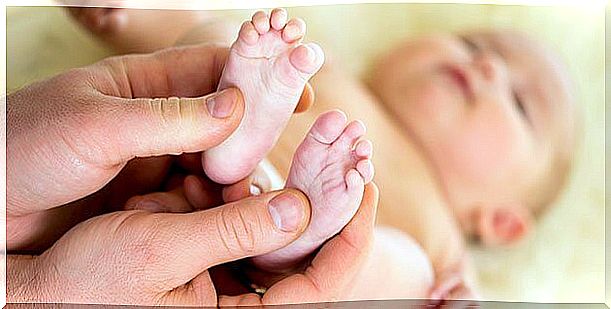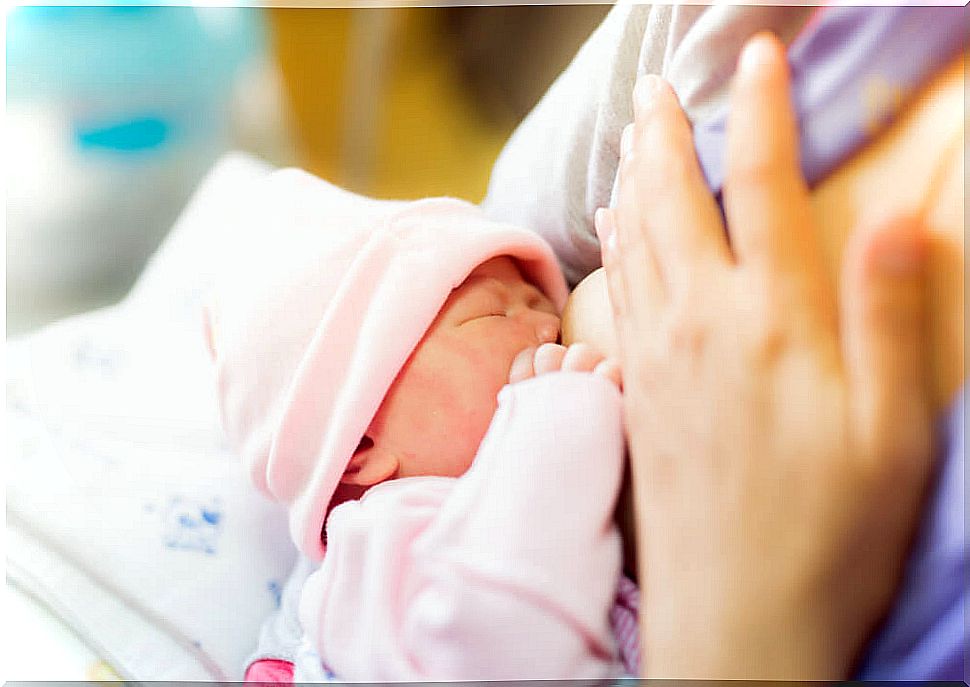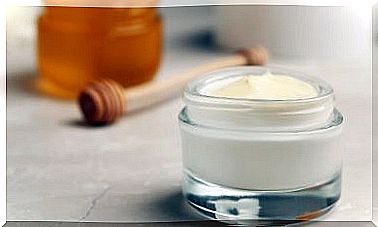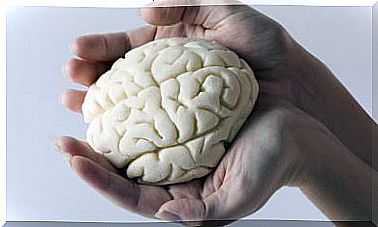The Need For Medical Check-ups In Your Baby
From the moment of birth, the medical team that brings the baby into the world makes initial evaluations of his health. Your baby’s checkups are the first source of information about his general health.
The frequency of appointments and the indication of tests, routine or additional, will depend on the medical history of your baby from the moment of gestation. But, undoubtedly, medical controls on your baby are necessary to prevent diseases and evaluate their development at all levels.
At the hospital
When the baby is born, the so-called Apgar test is performed, which is repeated after five minutes. This evaluation allows to measure values such as heart rate, respiratory movements, muscle tone and response to stimuli. Although it has its detractors, it is the measurement that is made.
Also, the first measurement is made of the weight, size and diameter of the head.
24 hours after birth

The pediatrician makes the first comprehensive check-up of the baby. Asks if he urinated, if he started to breastfeed and if he had his first bowel movement – called meconium – . Explore the spine, head, eyes, mouth, genitals, ears, limbs, and hips. Auscultate the heart and lungs, and check how the chest moves.
The doctor performs the Ortolani and Barlow maneuvers, a series of movements that flex and spread the legs to check if the joint is correct or if there are signs of an abnormality, such as hip dysplasia.
He will also do a neurological examination of the newborn’s reflexes, such as the sucking reflex, the Moro reflex, the gait reflex, the plantar grasp reflex, among others.
48 hours after birth
The so-called heel test is performed . This consists of extracting a few drops of blood from the baby’s heel to carry out clinical tests for early detection of 19 congenital metabolic diseases, which can seriously affect the baby’s brain development if they are not treated in time.
Sometimes a hearing test is also done, although it is not widespread. This evaluation makes it possible to rule out hearing deficiencies that can be treated early.
If it is not done in the hospital, do not worry, the pediatrician can indicate it later, if he deems it necessary.
Medical checks on your baby

They come home and the wonder of the relationship between mother and baby begins. In a week or two, they return to the pediatrician or hospital for the baby’s first medical check -ups. The doctor checks how the umbilical cord has dried and if it is about to fall out.
Also, evaluate if the baby’s skin has a yellowish color. This is a sign of jaundice, meaning that you are having trouble getting rid of bilirubin. Opens the baby’s medical history, which includes all the relevant information to ensure the well-being of your child.
What does the medical history include?
- Obstetric data of the mother: number of pregnancies and abortions she has had.
- Pregnancy history : was it a wanted or unwanted baby, single fetus or multiple pregnancy, gestational diseases, among other data.
- Perinatal data: weeks of gestation, type of delivery, weight, height and head circumference of the baby at birth and when leaving the hospital, blood group, meconium emission.
- Family history of diseases or malformations.
- Psychosocial factors that influence the baby’s health, such as a single-parent family or not, work situation, drug addiction, alcoholism, among others.
What else will the pediatrician evaluate?
The doctor will again do a thorough review of your baby’s anatomy, similar to the one done at 48 hours after birth, to detect any problems. Thus, it will measure the height, weight and diameter of the head to start the growth control. Follow-up of psychomotor development begins.
In this first visit, which is usually long, a second heel test is performed. Also, the pediatrician gives general recommendations on the care of the baby. It is a great opportunity to ask about the doubts and concerns that invade you.
At that first appointment, the pediatrician will also propose the baby’s vaccination schedule. If there is no sign that warrants further follow-up, the medical check- ups will be monthly until 4 months, in which the pediatrician will record the normal growth and development of the baby.
How do the medical checks continue?
If your baby’s development is satisfactory, from 6 months on, medical checkups on your baby will be spaced every 3 months until the first year.
They can then do routine checkups at 18 and 24 months of your baby’s life. Then, the routine check-ups will be annual, which should happen until your child becomes an adult.
Of course, every time a situation arises that is out of what is considered “normal”, you should take your baby to the doctor to evaluate the best treatment.
Carrying out an adequate routine of medical checks on your baby is the best preventive measure that you can apply to take care of his health.
Importance of medical checks on your baby
Routine checks are essential as they allow the mother, baby and doctor to get to know each other and to properly monitor the growth and development of the child. These procedures allow you to detect problems early and take the necessary measures to ensure the well-being of the baby.
Also, as the baby grows and becomes a boy, routine check-ups teach your child the importance of regular visits to the doctor, as a preventive measure to take care of his health throughout his life.







